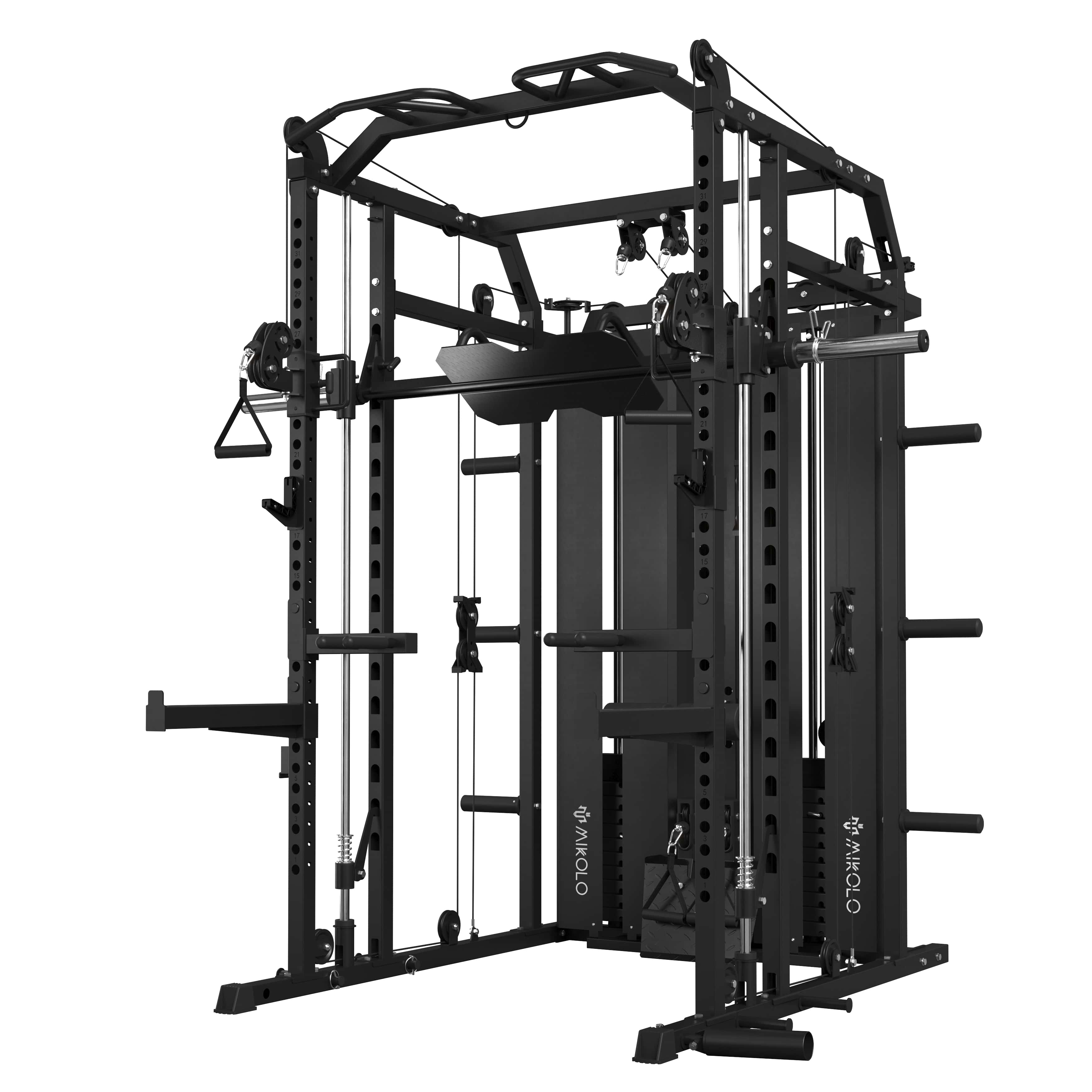When it comes to strength training, one of the biggest challenges is knowing which exercises target which muscles—and how to combine them into an effective workout plan. Whether you’re just starting out or leveling up your routine, this muscle guide will break down the essentials: what to train, how to train it, and how to listen to your body along the way.
Understanding Your Muscles: The Basics
Before diving into any workout, it's important to know the major muscle groups. Here's a simplified breakdown:
-
Chest (Pectorals) – Push exercises like bench press, push-ups
-
Back (Latissimus dorsi, traps, rhomboids) – Pulling movements like rows, pull-ups
-
Shoulders (Deltoids) – Lateral raises, overhead press
-
Arms (Biceps, triceps, forearms) – Curls for biceps, dips for triceps
-
Legs (Quads, hamstrings, glutes, calves) – Squats, lunges, deadlifts
-
Core (Abs, obliques, lower back) – Planks, crunches, cable twists
Each group plays a specific role in your body's movement, balance, and posture. Knowing this helps you choose the right workouts to avoid muscle imbalances or overtraining.
A Practical Muscle Guide Workout Plan
Here’s a weekly sample to help you structure your training:
-
Day 1 – Push (Chest, Shoulders, Triceps)
-
Barbell bench press
-
Dumbbell shoulder press
-
Cable triceps pushdowns
-
-
Day 2 – Pull (Back, Biceps)
-
Lat pulldown
-
Dumbbell row
-
Barbell curls
-
-
Day 3 – Legs
-
Back squat
-
Romanian deadlift
-
Standing calf raise
-
-
Day 4 – Core + Mobility
-
Hanging leg raises
-
Russian twists
-
Mobility work for hips and spine
-
-
Day 5 – Full Body Circuit or Active Recovery
-
Light kettlebell work
-
Cardio and stretching
-
This split ensures all major muscle groups get targeted while allowing recovery time.
Personal Experience: Learning the Hard Way
When I first started training, I had a classic mistake: I benched three times a week and skipped legs entirely. It wasn’t until I experienced nagging shoulder pain and felt imbalanced during compound lifts that I realized the importance of a full-body approach. Once I started integrating a structured plan that covered all muscle groups—including often-neglected ones like rear delts and hamstrings—my performance skyrocketed, and so did my recovery.
The takeaway? Build your training around the whole body, not just the mirror muscles.
Tips to Maximize Your Muscle Exercise Routine
-
Train smarter, not just harder: Focus on form, progressive overload, and recovery.
-
Balance push and pull: A strong back supports a strong chest and shoulders.
-
Don’t neglect smaller muscles: Your forearms, calves, and rotator cuffs matter.
-
Cycle intensity: Rotate heavy, moderate, and light days to keep progress steady.
-
Fuel and rest: Muscle growth happens during rest, not during training.
Final Thoughts
Your body works best when every part of it is strong and mobile. Use this exercise and muscle guide not just to build strength, but to build resilience. Track your progress, listen to your body, and enjoy the process of becoming more capable every week.
There’s no one-size-fits-all workout—but there is a best workout for you. Let this guide be your blueprint, and evolve it as you grow.









































Leave a comment
This site is protected by hCaptcha and the hCaptcha Privacy Policy and Terms of Service apply.